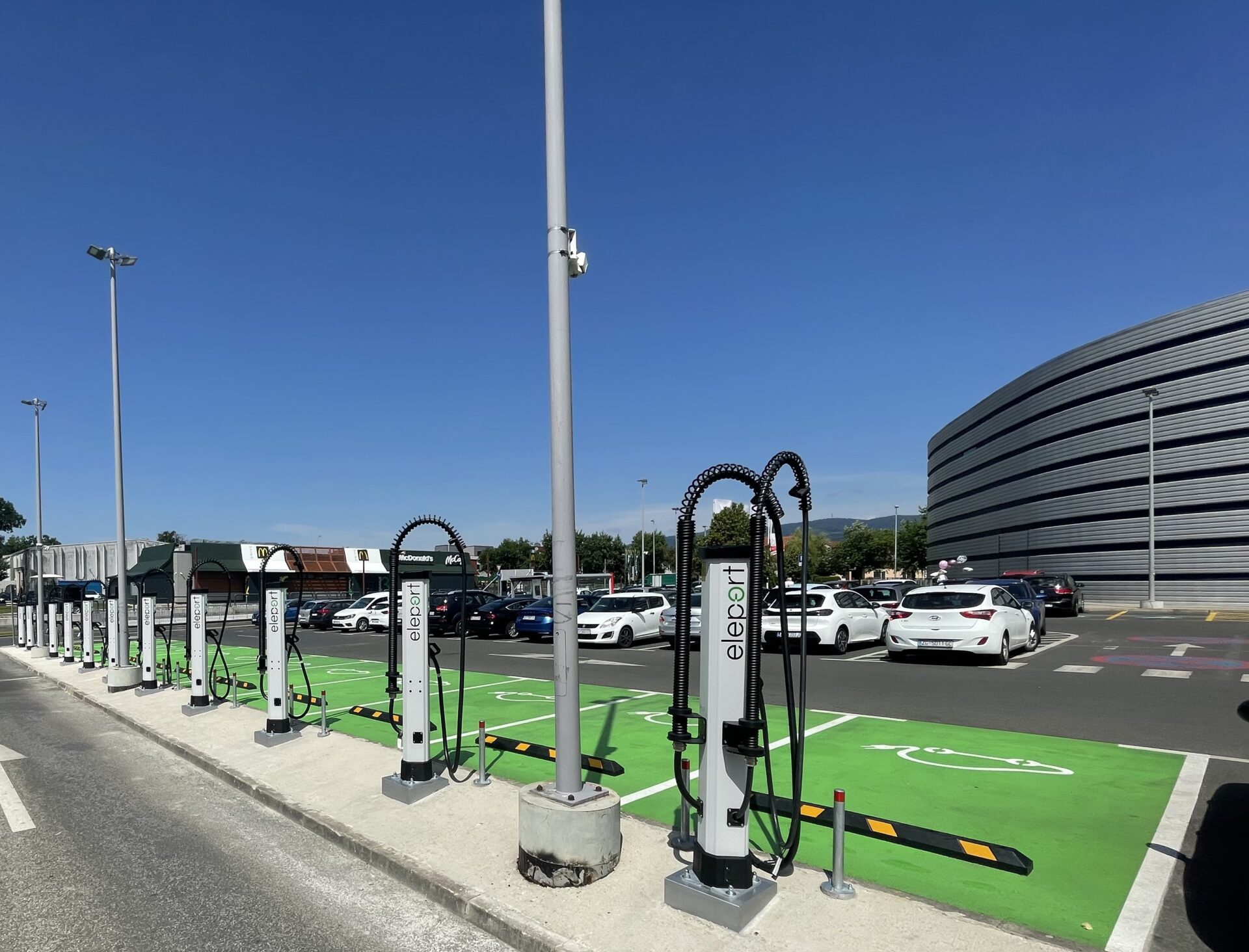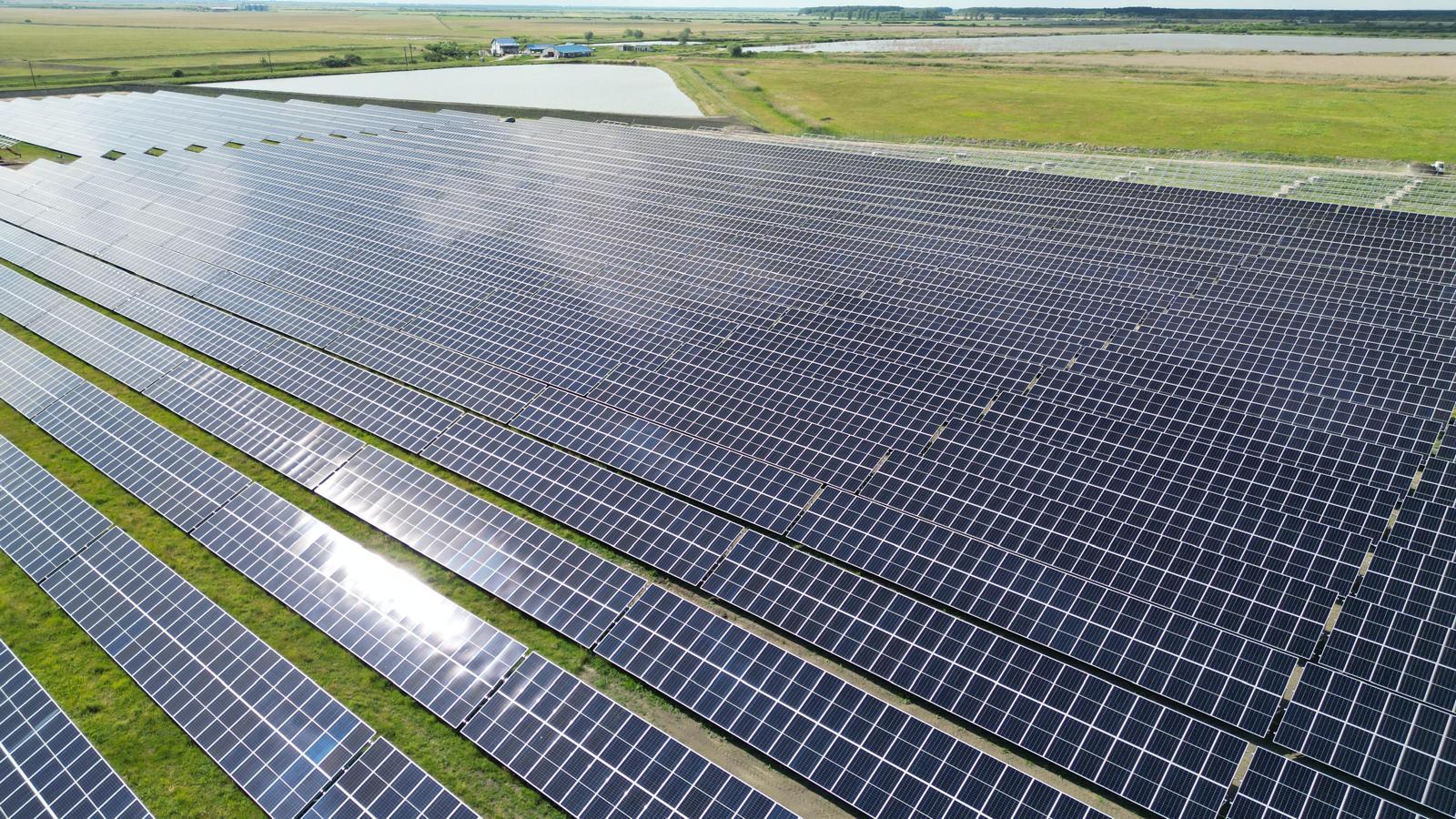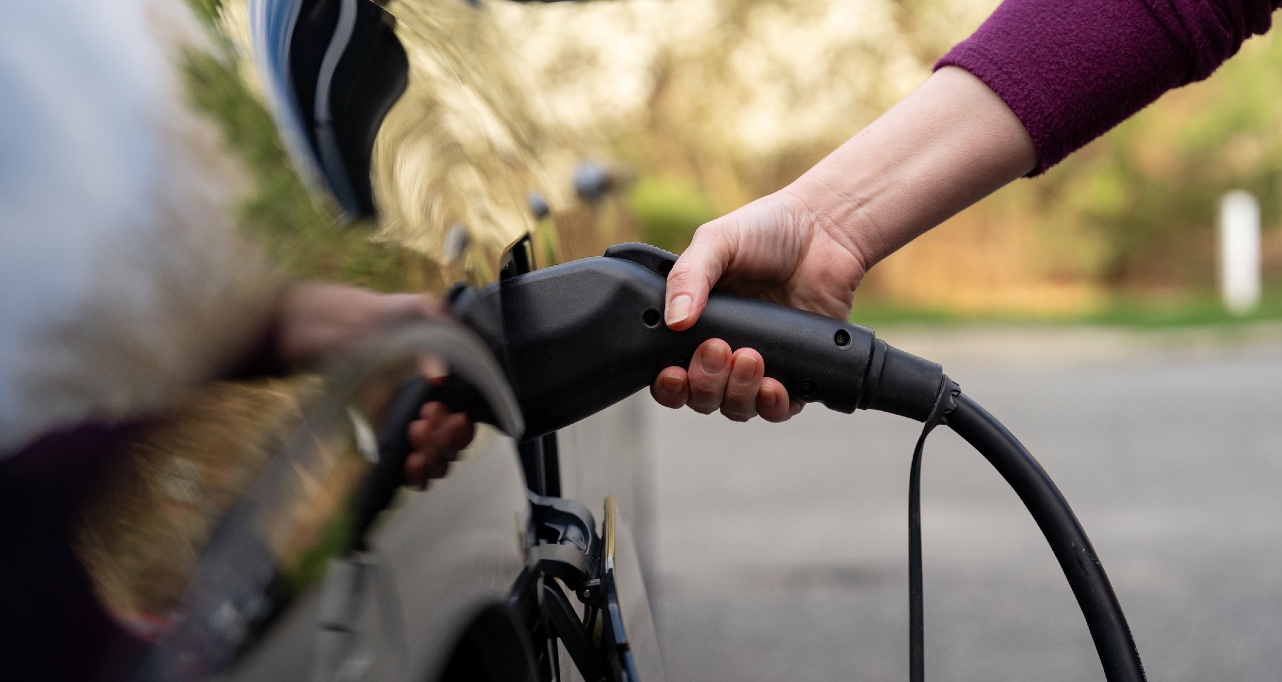Multi-disciplinary engineering consultancy, Cundall, has publicly committed to achieving net zero carbon on all its projects by 2030. The pledge recognises the critical need for practical, science-led action to transition all buildings, infrastructure, and human settlements to net zero carbon as rapidly as possible.
The global practice, which has 25 offices worldwide, will collaborate with clients and its peer networks of design, construction, property development, facilities management, and real estate investment stakeholders to design and deliver the low-carbon solutions necessary to minimise the impact of global temperature rises. This means that by the end of this decade, Cundall will only work on projects where they are delivering net zero carbon.
The Zero Carbon Design 2030 (ZCD2030) commitment is a line in the sand that has been two years in the making. It is both an internal cultural shift and a standpoint that will enable Cundall’s engineers and designers to make zero carbon thinking ‘business as usual’ for all of Cundall’s people and its clients.
“When we began our Zero Carbon Design 2030 journey in 2021, we had to start from the ground up to understand exactly what it would entail,” says Julian Sutherland, Partner at Cundall and part of the core team dedicated to the initiative’s success.
“Changing the world isn’t easy, and in an industry wedded to a tradition where multi-disciplinary science dictates design solutions that are passed from one generation of engineers to the next, creating change is a challenge. But engineers are also inventive problem solvers and finding answers to the current unknowns is part of our DNA and our professional job description. While we recognise not every project can achieve net zero carbon today, we know we have the technical expertise to find and enact the new, more sustainable solutions this point in human history requires. The market is already headed in the right direction, and we see this as an opportunity to set an example, help our clients see the net zero carbon potential of their projects, and work with the wider industry to make this transition as rapidly as possible.”
Cundall was founded with a commitment to sustainable design. The practice was a founding signatory of the World Green Building Council Climate Pledge and was certified carbon neutral by the Carbon Trust in 2020. But given the findings of the IPCC (Intergovernmental Panel on Climate Change) 6th Synthesis report and the clear call for the built environment to step up and achieve rapid emissions reductions across both new and existing buildings, delay is not an option.
Carole O’Neil, Cundall’s Managing Partner, says the business’s commitment to Zero Carbon Design 2030 is an “investment in Cundall’s future”. Cundall recently adopted the change initiative as one of the four pillars of the practice’s new global strategy.
“Achieving net zero carbon isn’t just about the science, it’s about the people,” she says. “This initiative has always had the support of the Management Board, but it is also very much driven from the bottom up. It has the passion of our people behind it. They are the ones driving this forward, defining the future of our business and the industry they want to work in for years to come. It was important that we let Zero Carbon Design 2030 develop in this way, because while net zero carbon requires technical solutions that engineers are best placed to provide, at its heart, it’s also a change initiative that involves shifting the design culture within our own organisation, as well as in the wider industry.”
While this is just the start of Cundall’s ZCD2030 journey, the practice is already counting its successes. It has an interim goal of achieving net zero carbon on 25 percent of its projects by the end of 2024 and is already working with a wide range of clients on projects with net zero carbon ambitions. One such project is Eden, the soon-to-be-completed 12-storey office building in Salford, developed by the English Cities Fund (ECF). When it reaches completion later this year, the £36 million project will be enabled to run solely on 100 percent renewable electricity and features Europe’s largest green wall. Among its credentials, it has achieved a 5.5 NABERS ‘Design Reviewed’ target rating, making it the new build building in the UK to achieve this certification.
Cundall’s Zero Carbon Design 2030 commitment outlines that no project is too big or too small to have net zero carbon ambitions. It acknowledges that every bit of carbon saved on a project makes a difference to the global carbon emissions produced by the property and construction industry and that every building and every practitioner must play a part in achieving a more resilient and sustainable built environment.
Reflecting on the journey ahead Wojciech Stec, Director of Cundall Polska, says, “Our commitment to zero-emission design requires us to act with courage and determination. We strive to create a lasting change in our industry, knowing that it’s a tremendous challenge. We didn’t assume that the path to zero emission would be smooth. Mistakes will happen. It’s essential to learn from them, helping others in their pursuit of zero-emission. Only then can we truly achieve our goal.”







